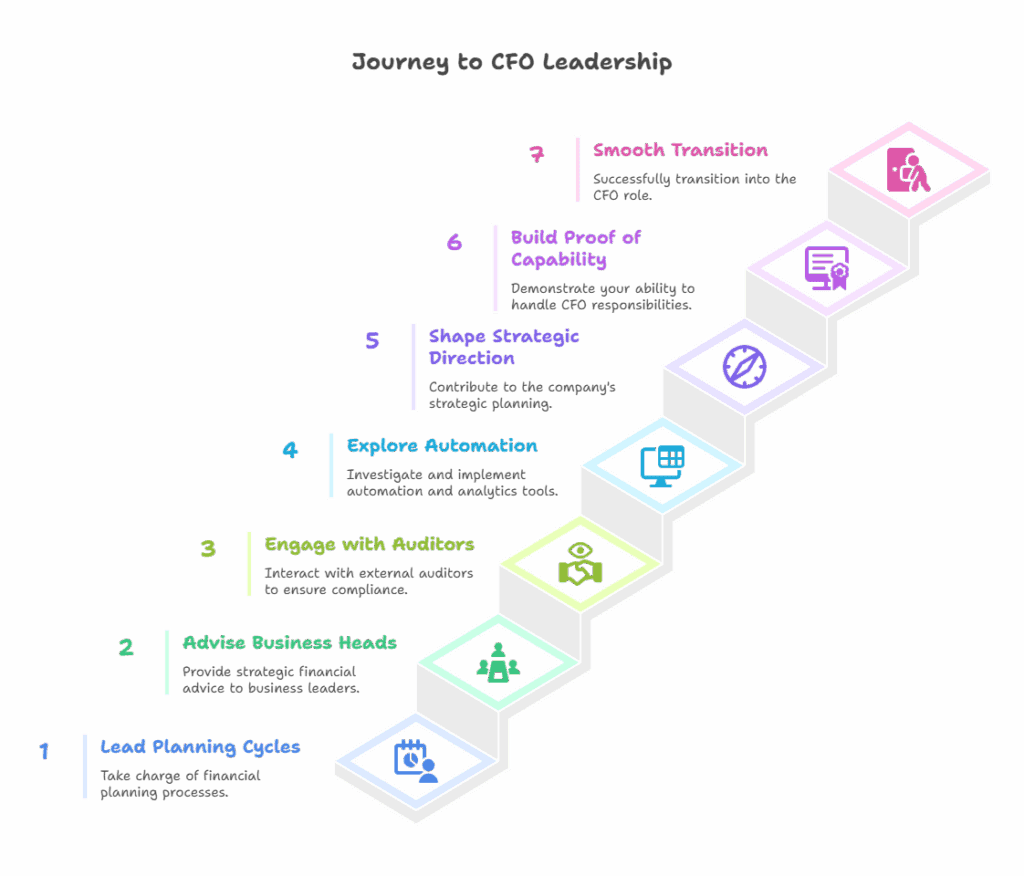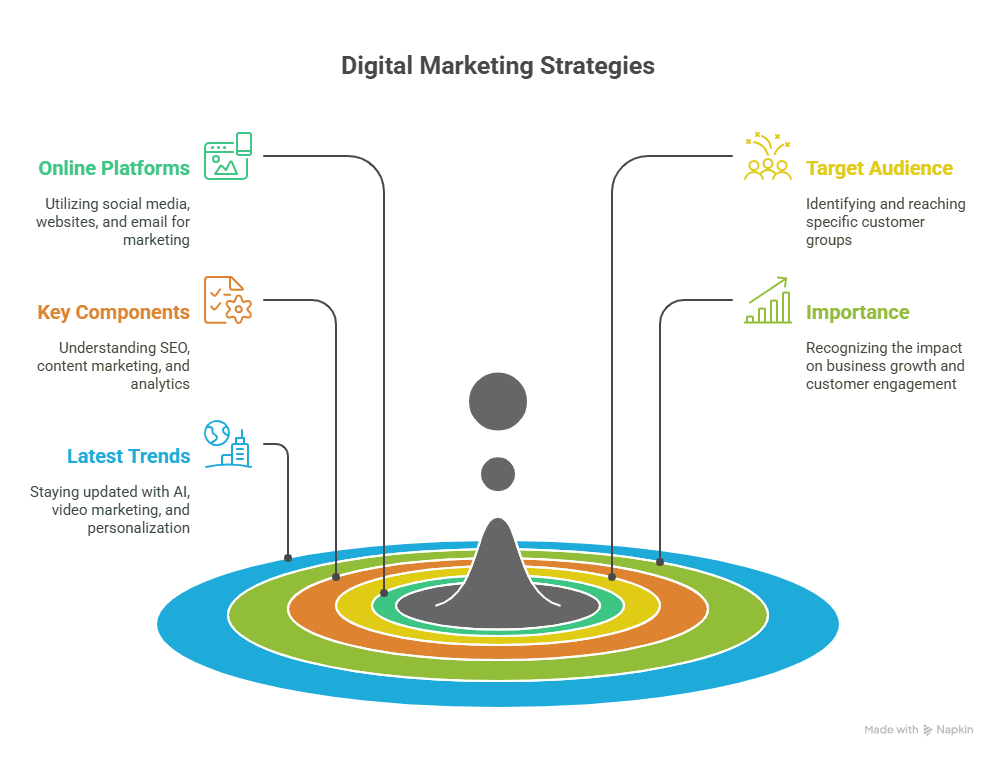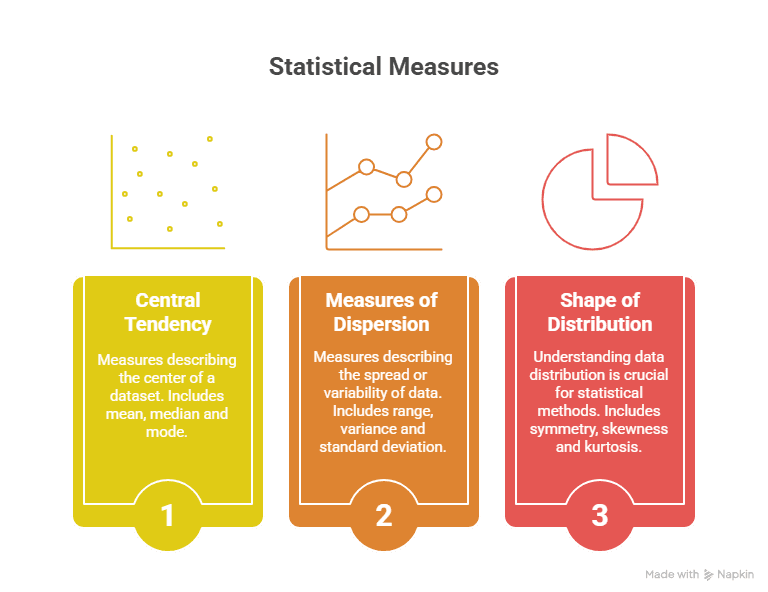This is not the only question you know about how much a CFO salary would be in 2025. You see, you wonder, is the years-long grind, the stress, and the pressure worth the paycheck at the end of it? In India, the answer isn’t a simple yes or no.
The CFO job is powered with authority, status, and a pay cheque that has definitely changed in the year 2025.
The CFO title comes with power, prestige, and a paycheque that has certainly evolved in 2025. But behind those numbers is a story about expectations, skills, and whether that so-called “corner office” truly pays off.
The Real Value Behind the Title: More Than Just a CFO Salary
Let’s clear this up: CFOs don’t just manage spreadsheets anymore. Today’s CFO is a strategic advisor, often acting as the CEO’s right hand. That expanded scope means the CFO salary is no longer just tied to budgeting or cost-cutting.
What used to be a back-office role has moved to the front lines. CFOs now steer fundraising, M&A activity, digital finance transformation, and investor relations. This shift naturally reflects in how companies compensate them.
For context, in 2025, average CFO compensation in India has grown over the past decade. Though still trailing CEO pay, the gap has narrowed due to the rising influence of finance leaders in strategic decisions.
Finance Executive Salaries: What’s Really Driving the Numbers?
You can’t ignore how the role has changed. Finance executive salaries today reflect much more than experience or years in the field. They mirror your ability to lead through uncertainty, manage capital efficiently, and drive growth through data.
That’s where it gets interesting. In tech sectors, CFOs are often expected to understand code-level decisions. That may sound absurd, but when financial strategy intersects with product development, it makes complete sense.
And that cross-functionality is often why CFOs in such firms command higher packages. Equity, performance-linked incentives, and long-term retention bonuses have reshaped the traditional CFO pay scale in India.
CFO Bonuses and Perks
Now, let’s talk about perks.
Beyond the visible CFO salary, what does the full package look like?
- CFO Bonuses and perks are getting smarter. It’s not just about profit margins anymore.
- Companies increasingly tie bonuses to strategic KPIs: capital efficiency, digital transformation milestones, ESG compliance, and even cultural leadership.
- Still, there’s a trade-off. Every perk carries performance pressure. Every benefit comes with an accountability clause. And when things go south? The CFO’s chair is often the first to heat up.

Where the Money Is: The Highest-Paying Industries for CFOs
In India, the top-paying CFO industries have shifted post-pandemic. Manufacturing, once the stable pillar, is now rivalled by fintech, pharma, and SaaS-based tech firms.
These industries don’t just value financial control, they demand visionary leadership. CFOs here don’t only work on quarterly forecasts. They drive innovation budgets, M&A decisions, and investor sentiment.
And location matters. Tier-1 cities Mumbai, Bengaluru, and Gurugram continue to lead on pay scales. However, remote CFO roles, especially in global firms with India operations, have started offering competitive salaries, too.
Chief Financial Officers in India typically earn a base salary ranging from ₹15.0 lakhs to ₹51.8 lakhs per year, with the average base pay standing at around ₹36.0 lakhs annually.
A Simple View: What Sets Packages Apart
Let’s look at how different industries reward their finance heads.
Here’s a quick breakdown:
| Industry | Fixed Pay | Variable Pay | Equity Options | Notable Perks |
| Fintech | Medium | High | Yes | Co-investment rights |
| Manufacturing | High | Medium | Limited | Legacy benefits, security |
| SaaS & Tech | Low | Very High | Yes | Stock units, international exposure |
| Pharma & Healthcare | Medium | Medium | Yes | ESG influence, global tie-ups |
| Retail & Consumer Goods | Medium | Low | Limited | Traditional perks, brand network |
You can see how equity and performance bonuses tilt the balance. CFOs who want real upside often lean towards growth-driven sectors, even if the base pay isn’t the highest.
What Aspiring CFOs Must Actually Prepare For
If you’re aiming for a CFO role, know this: technical skill is essential. The real game lies in leadership and vision. Companies want CFOs who understand data science, cloud economics, and stakeholder influence.
The 2025 CEO and CFO Compensation Reports show that CEO salaries have almost doubled over the past decade, rising steadily by 9% each year. In the same period, CFOs earned an average of ₹2.3 crore last fiscal, marking a 1.7-times increase.
A standout CFO in 2025 might not just read reports, they design them. They frame business questions. They challenge assumptions. That’s why training now includes executive coaching, simulation-based learning, and cross-functional mentorships.
Getting there often means upskilling. And programmes like Executive Post Graduate Courses in Finance, Analytics, or even Tech-Driven Strategy are now standard springboards. Employers expect more than a CA or MBA.
The Other Side of the Paycheque: Stress, Sacrifice, and Scope Creep
You can’t discuss average CFO compensation without talking about cost. Long hours. Boardroom politics. Constant performance pressure.
Yes, the money’s better. Yes, the title commands respect. But many CFOs report job fatigue, burnout, and limited personal bandwidth. The role demands full immersion.
So when people ask, “Is the corner office worth it?” the answer often depends on personality. Some thrive on high-stakes pressure, while others crumble. It’s not about the money alone. The CFO pay scale in India has grown substantially, with the majority of compensation now coming from bonuses and equity tied to company performance.
Take charge of your career with the Postgraduate Certificate Programme for Emerging CFOs, brought to you by IIM Indore in partnership with Imarticus Learning. Tailored for professionals with 5+ years of experience, this 126-hour executive programme delivers a sharp focus on financial leadership, fintech, business valuation, and strategic decision-making.
Build a strong base in capital structure, treasury operations, and risk management. Then, move into high-impact areas like evolving CFO roles, fintech innovations, and data-led financial services. This is your opportunity to elevate your career and lead the financial strategies of tomorrow.
Watch this video to know how to become an IIM Indore Certified CFO by Imarticus Learning.
FAQ
1. Which industries in India pay the highest salary to CFOs?
The leaders are fintech, SaaS, and pharma. These industries have high variable compensation and long-term share plans.
2. Does it take a degree in finance to become a CFO?
Not anymore. Current-day CFOs also require expertise in leadership and digital and cross-functional business skills. Strategy, data, and tech courses are necessary.
3. How high is the CFO compensation in India relative to the compensation of CEOs?
The CFO salary is evolving at a fast rate and has not caught up with the CEO’s. The gap is narrowing however particularly within the high growth areas where there is a high performance reward.
4. What are the skills that I should invest in to become a CFO in 2030?
You will have to bring together finance expertise and tech knowledge, strategic thinking, stakeholder management, and the capability of leading in the face of uncertainty.
5. What is the mechanism of the CFO bonus in Indian companies now?
The bulk of bonuses is usually referred to as performance metrics such as EBITDA, growth markers, cost optimisation, or the accomplishment of digital transformation.
6. Is there any place in India where people have larger CFO salaries?
Yes. CFO salaries in each of the cities of Mumbai, Bengaluru, and Gurugram typically provide the best payments. Competitive packages are also provided by some global companies for the remote CFO position.
7. Does experience in the industry have more merit than education?
The two are essential. Knowledge of the industry provides meaning, but without leadership, digital literacy, and strategic capability, it is difficult to get or retain the seat of CFO.
The Final Words
Here’s the truth. The CFO salary in 2025 being higher than ever, the position becomes more beneficial than before. However, money isn’t the only factor that’ll keep you in the game, even in the top-paying CFO industries. What really counts is your drive to lead, your ability to grow, and your readiness to take on responsibility.
It earns you power, expansion, and the possibility of altering the rules. Begin by having the right executive programme. It is a course that is not textbook-driven; it is a course that makes leaders, not accountants.









